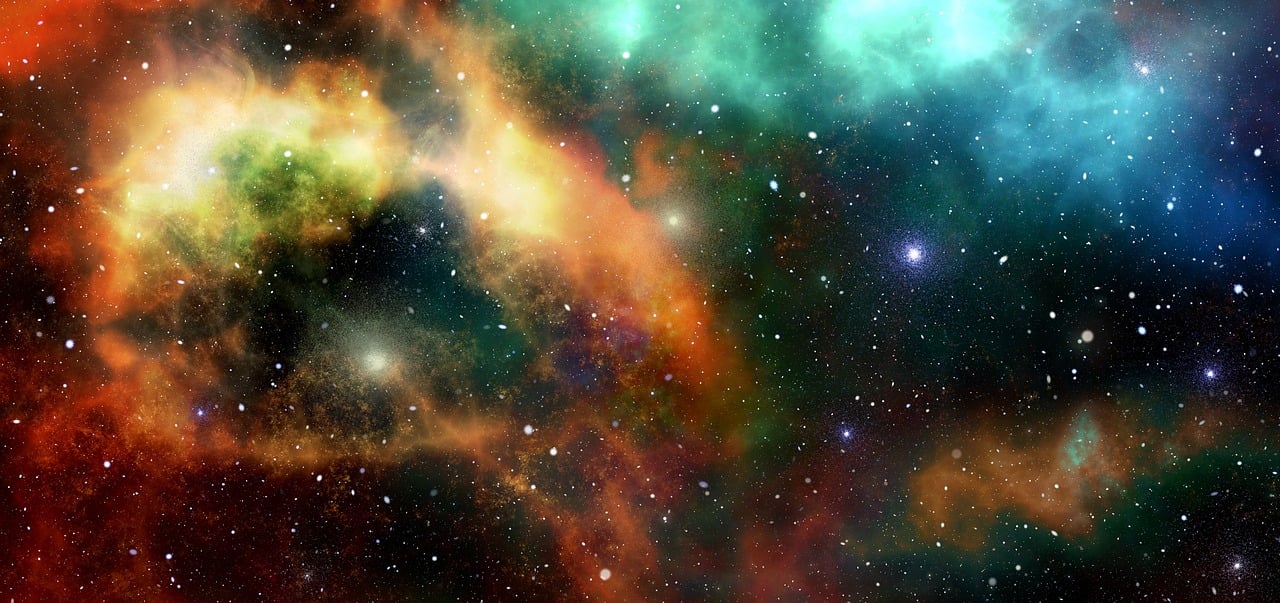Up until the last verse, the conclusion of Isaiah is breathtakingly beautiful. It paints a picture of a new heaven and earth, foreshadowing the triumphant vision at the end of Revelation. “All nations and cultures” will finally recognize God’s love and power. “All humanity” will gather in Jerusalem, the place symbolizing the Lord’s immediate presence. The great tapestry of people will be knitted together there, united in worship and praise; perhaps even some of the people formerly considered Gentiles will serve as priests and lead liturgy.
It’s a stirring, warming vision. It ranks with the dream from the preceding chapter. Wolves, lions, and lambs will all lie down together peacefully, where “they won’t hurt or destroy at any place on my holy mountain” (Isaiah 65:25).
What a beautiful prophecy. God wins. Love prevails. Shalom breaks out…until the last verse.
They will go out and see the corpses of the people who rebelled against me, where their worm never dies, where their fire is never extinguished. They will be a horror to everyone. (Isaiah 66:24)
Where did that come from??? Talk about a downer. It’s as if it’s time to wake up from the silly dream, and someone throws a pail of ice water on you.
It’s difficult to explain. Jewish tradition suggests that in reading the conclusion of Isaiah, you repeat the preceding verse, which crescendos with continuous worship of Yahweh by all.
Yet, there the original ending is, in all its ugliness.
I have a theory. It isn’t based on surgically-precise exegetical work. Rather, it comes from observing my fellow homo sapiens.
It’s easier, and perhaps a bit more fun, reveling in judgment and the defeat of enemies while raising a blood-stained flag over the corpses. To hell with the vision of heaven. Consequently, some scribe, offended that everyone—equally loved and blessed by God—gathers in Jerusalem, had to have the last word. He (and it is a he) sticks on verse 24.
Why is it, when God presents a dream of universal unity, some feel compelled to fragment? Why, when shown an expansive vision of peace, some have to constrict it by violence? It’s as if God provides an enormous, beautiful, limitless vision of the universe, and they take a puny telescope and focus on an asteroid.
Some people get a lot of satisfaction whenever they tack verse 24 onto the gospel. It’s enjoyable feeling you’re on God’s side, defending all that is sacred. Such passion, though, prevents the repentance needed for creating a humble heart. It keeps a person from having to examine and repent of hidden prejudices buried deep in the soul. Zealots who add verse 24 are the ones Jeremiah warned us about; God is “always on their lips but far from their hearts.” (12:2)
There’s a black-and-whiteness many of us have early in our faith journey. It’s comforting, reassuring, and provides us with an identity. But if we don’t let our hearts soften and minds open as we mature, we will grow spiritually stunted. We see only that which fits into our small field of adolescent vision. Jesus’ invitation to follow becomes an excuse to keep others from doing so. As Brian McLaren has keenly observed, we have to grow beyond the simplistic stage of faith as we hear God’s voice calling to us from the complexities and diversities life presents.
There was a time when I relished adding verse 24. Now, in my later years, I’m working on deleting such harmful words. The universe is just too magnificent, and the gospel too grand, to waste time making things smaller.


I’m working on it.
Thank you.
Nailed it. The second to last paragraph has helped me to think differently about where some people I love dearly might be coming from. That perhaps clinging to their denomination identity, almost clickish like high school, is all they know. Instead of labeling me “liberal” I believe your words about “maturing” describe me better.
A comment that invites us to envision a great future.
I have had the hope of Universal Salvation for a long time, and while I can’t justify it to the satisfaction of many I still hope.
That last paragraph is shocking after the beauty and glory of the earlier paragraphs. Thank you for taking time to analyze. Deflates my balloon.